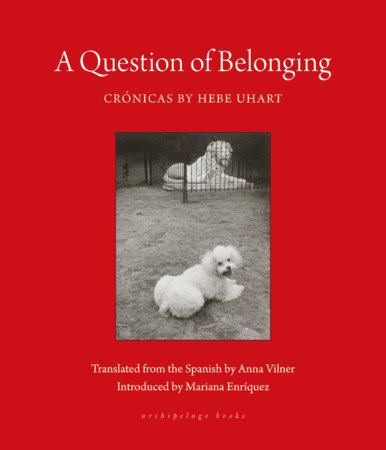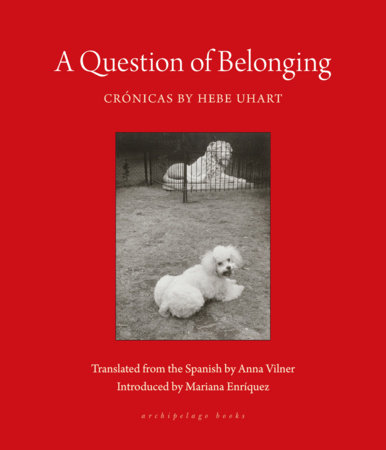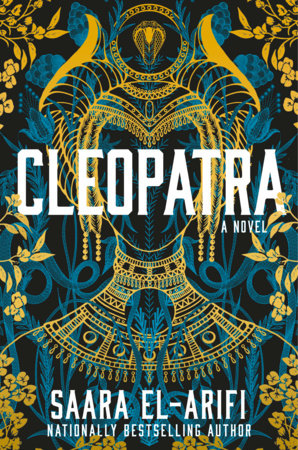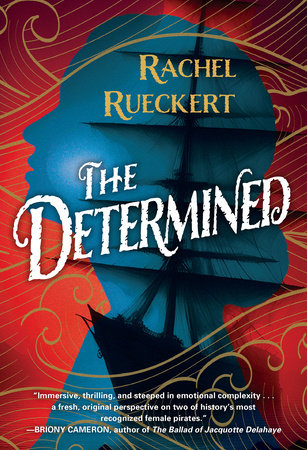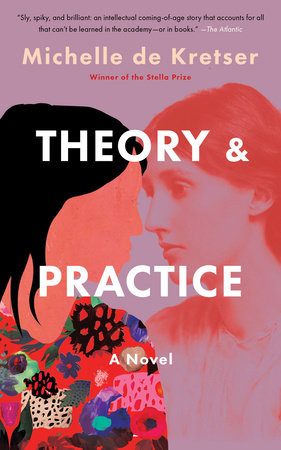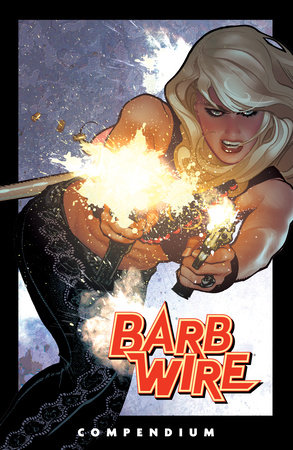“Over a career spanning five decades, Uhart published nearly two dozen stories, novels, travelogues, and tales, all of which exude the author’s characteristically bright insight and sense of attentive amusement . . . Vilner’s thoughtful translation does much-deserved justice to Uhart’s cleareyed, boundless curiosity. An exemplary compendium of brief glimpses into the quotidian concerns of everyday South Americans.” — Kirkus Reviews, starred review
“Superb . . . Language fascinated Uhart. She avidly collected local expressions and phrases, particularly Creole ones. Her ‘tender and playful’ voice conjures the essence of people and places in elegantly spare descriptive detail.” — Anne Foley, Booklist
“This sparkling collection of short stories and travelogues by Argentinian writer Uhart brims with sharp observations and self-deprecating humor . . . Uhart shines in her nuanced portrayal of all-too-human moments.” — Publishers Weekly
“There is a way to capture the movements of reality, without a violent fight, that’s nevertheless powerful. With her singular voice, Hebe Uhart is constantly seen, heard and present in her crónicas, and yet there’s a grace in the way she occupies the space she’s meditating upon; she is at once too vast and too small for autobiography. Anna Vilner’s translation is eloquently luminous.” — Claudia Durastanti, author of Strangers I Know
“If Hebe Uhart had to be characterized in one way, it would be by her complete lack of pretension and artificiality, by her extreme discomfort when asked to carry out the rituals of the consecrated writer.” — Mariana Enríquez, author of Our Share of Night and Things We Lost in the Fire
“Seemingly naïve but tremendously sharp, Hebe Uhart’s vision is one that could belong to a child, but a child who has up her sleeve the reflective tools of an adult.” — Alejandra Costamagna, The Paris Review
“Paul Klee famously described drawing as taking a line for a walk and the stories of Hebe Uhart share that spirit, that magic. Deceptively simple, also philosophical, Uhart’s work is brilliant and companionable.” — Rivka Galchen, author of Everyone Knows Your Mother Is a Witch
“To experience the world through the words of the esteemed Argentinian writer Hebe Urhart is to be offered a uniquely calm and compassionate view of ordinary places and people that effortlessly makes them seem anything but ordinary.”
–– Joseph Schreiber, Rough Ghosts
“These are not moralizing pieces, yet Uhart exemplifies consistent values—most evidently an openness to the other and a suspicion of prejudice and sentimentality. She accommodates a diversity of meetings through an array of observations, speculations, interpretations, and empathetic intuitions, organically informed by texts that range from learned to quirky.” –– Michael Collins, Asymptote
“[Hebe Uhart] had sensitivity and restraint and a wonderful sense of the absurd . . . Once you are attuned to [A Question of Belonging‘s] frequencies, the pleasures keep coming.”
–– Dwight Garner, The New York Times
“[Uhart’s] presence displays the stakes of her interviewing and writing, and the necessary status as an outsider to the situations she depicts . . . her crónicas flow with the hypnotism of a pointillist novel.” — Drew Zeiba, Document Journal
“Often acute, sometimes slapdash and always original . . . The earliest crónica describes Uhart’s first trip abroad, when she was just twenty and travelled by train from Buenos Aires to La Paz . . . More than fifty years after that train trip to La Paz, she is still to be found sending dispatches from her bed in intensive care, watching as the world passes by.” –– Miranda France, Times Literary Supplement
“Hebe Uhart’s travel pieces about the Argentine interior are small gems meant to be savored slowly.” —Samanta Schweblin, The New York Times
“Hebe Uhart had a rare quality among writers: she could write about the most unusual things . . . in oblique and fascinating ways, uncovering unique oral expressions and striking characters.”
–– Leo Boix, Morning Star
